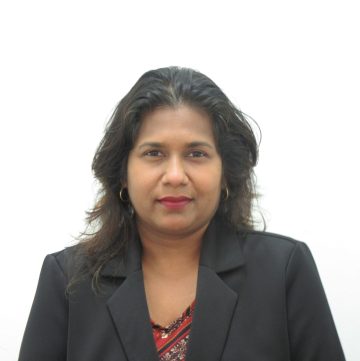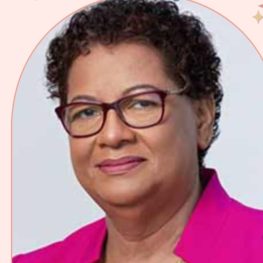About CFTDI
History of the Institute
The institute was established by the Charter in 1974 by the Government of Trinidad and Tobago, Barbados and Guyana with technical assistance from the UNDP/FAO.
It was incorporated as a Regional Body in 1975 under the laws of Trinidad and Tobago. Act #59 of 1975.
The withdrawal of UNDP/FAO technical assistance in 1977 and the inability of the partnering governments to maintain their financial contributions resulted in a decision by the Cabinet of Trinidad and Tobago that the institute continue its operations as a national institute under the aegis of then Ministry of Agriculture, Land and Fisheries.
With Government’s renewed focus on food security, Caribbean Fisheries Training and Development Institute (CFTDI) has re-positioned itself to respond to the training and development demands specifically with reference to the fisheries sector.
Over the last three decades CFTDI has continued to operate under the purview of the Ministry of Agriculture, Land and Fisheries to deliver training and development programmes to the Fisheries and Maritime sectors, both nationally and regionally. During this period a total of some thirty thousand comprising both national and regional individuals were beneficiaries of the CFTDI’s training programmes and technical services.
A Technical Co-operation Project (TCP) between the Government of Trinidad and Tobago and the Government of Japan via the Japan International Cooperation Agency (JICA) was initiated in 1995. The purpose of this project was to strengthen institutional capacity through counterpart training locally and in Japan and to provide state of the art fishing technologies. This technical assistance was extended throughout the region with the CFTDI taking a lead role. This TCP concluded in 2006. However, CFTDI has continued to service the training needs of regional fisheries personnel through other arrangements.


Our Vision and Mission Statement
Vision
To be the recognized leader in developing and promoting sustainable careers in Fisheries and related disciplines in the region.
Mission
To facilitate research and development, provide accredited technology-driven training and related services for fishers, seafarers and other stakeholders in accordance with international standards, in harmony with the environment, in the context of sustaining a viable fisheries industry.
Philosophy of CFTDI

Through consultation with internal stakeholders a philosophy emerged which gave expression to organisational ethics and beliefs as reflected hereunder:
- Human resource is the most valuable asset of the organisation
- Equity of each gender to excel in his or her chosen discipline
- Provision of superior quality products and service standards
- The pursuit of all tasks and completing them in superior fashion
- Provision of the best service for the customer
- Providing value for money for all stakeholders
- Respect for the individual
- Integrity and transparency in operations
- Creativity of individuals
- Responsibility for guardianship of environment
Our Core Values
The Core Values are the principles, fundamental tenets and ideals that shape organisational behaviour of the CFTDI. The following are the core values:
- Professional organisational behaviour
- Transparency, accountability and integrity in its operations
- Fairness, equity, and respect for its stakeholders
- Excellence and creativity in performance
- Mentorship in a caring environment
- Entrepreneurial skills development, quality service, and customer satisfaction
- Teamwork, employee participation and development of business
- Respect for the Institutes’ property, equipment and their efficient maintenance
- Continuous learning and improvement
- Open communication

Board Members

Ms. Nerissa Lucky
Chairman

Mrs. Willa Guy-Straker
Principal

Dr. Karla Georges

Ms. Janelle Yarde-Blackman

Ms. Sonya Gyan

Mr. Yohann Govia
Mr. Bekoe Wickham
Ms. Natasha Isaac
"Providing Training in the Maritime & Fishing Industry"

An Agency of the Ministry of Agriculture, Land and Fisheries.
